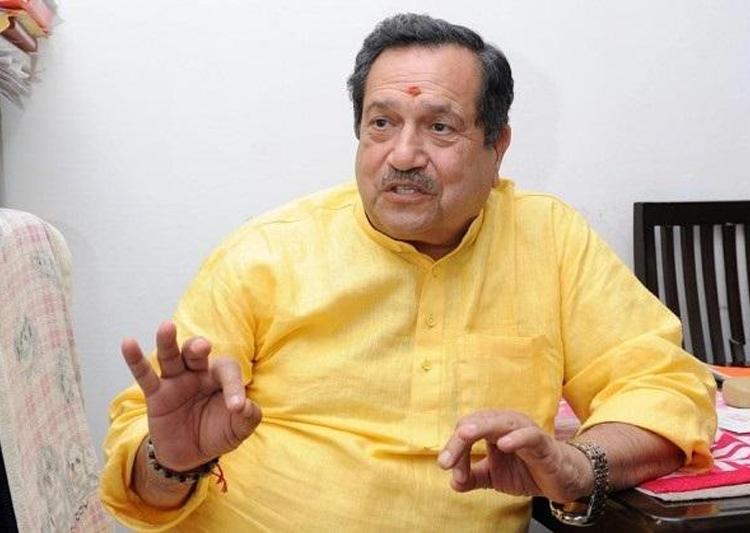Sexual health – A focal component of holistic health (Part I)

In India, many men and women give less importance to sexual health. The reason is that different religions, different cultures, different attitudes, different geographical circumstances sexual and gender identities, race, and ethnicity, make people give the least importance or no importance to sexual health, sexual activity, and reproductive health. In this context, the author, Dr. Kutikupppala Surya Rao narrates the various sexual health disorders, a few case studies, and remedial measures in this series. Also, readers can send their questions and doubts on their sexual health issues. In case readers would like to maintain confidentiality of their issues they can change their name while sending the questions. – EDITOR
Studies done in North India found that 81% of men and 82% of women perceived themselves to have at least one sexual disorder. These victims were reluctant to seek care due to social stigma and lack of awareness.
The World Health Organization defines sexual health as a state of physical, emotional, mental, and social well-being about sexuality; it is not merely the absence of disease, dysfunction, or infirmity. Sexual health requires a positive and respectful approach to sexuality and sexual relationships, as well as the possibility of having pleasurable and safe sexual experiences, free of coercion, discrimination, and violence. To know the sexual history the partners, practices, protection from STIs, (Sexually transmitted infections) history of STIs, and pregnancy intention have to be evaluated.
Sexual health is an essential element of overall health and well-being though medical providers and patients often do not discuss it. While many patients have sexual health questions and want solutions, they may be hesitant to start the conversation. Asking all adult and adolescent patients a few essential questions would help to remove the stigma around discussing sex and normalize the discussions. In this direction, the readers will be informed on essential elements of sexual health.

During a routine health checkup patients should also give sexual history as well, when there are symptoms or findings suggestive of sexually transmitted infections (STIs). Some of the patients may not be comfortable talking about their sexual history, sex partners, or sexual practices. They may have experienced abuse or trauma in their lives or while in a medical setting. Unless the patients are kept at ease they may not reveal their sexual history but it is important to note the maintaining of sexual health is equally needed during regular medical care.
When sufferers with sexual issues come forward for consultation, counseling, or discussion they can be screened for and treat STIs and address other sexual health concerns. Further, sharing information about behaviors that may increase STI risk would reveal an overall picture of the patient’s health.
A consultant has to be comfortable discussing sex matters with various patient groups otherwise patients too may be uncomfortable talking about sex and sexuality. One has to avoid making assumptions about patients based on age, appearance, marital status, or any other factor.
Gathering patient’s basic information during the initial clinic assessment, including their sexual orientation, and gender identity, is mandatory. Of late the gender identity, female, male, transgender female, transgender male, gender diverse, additional gender category, or decline to answer should be discussed.
The patient should feel comfortable by establishing a rapport before asking sensitive questions. Other people or attendants who come with the patient should be asked to stay in the waiting room while talking to the patient. These people may include partners, relatives, or caregivers. They can be invited back after the examination.
Dealing with people with sex issues is very sensitive. It needs the art of the examiner who should not be non-judgmental, not react overtly, and not create embarrassment. (In the coming issue, various sexual practices and related practical problems will be discussed.) (To be concluded)




